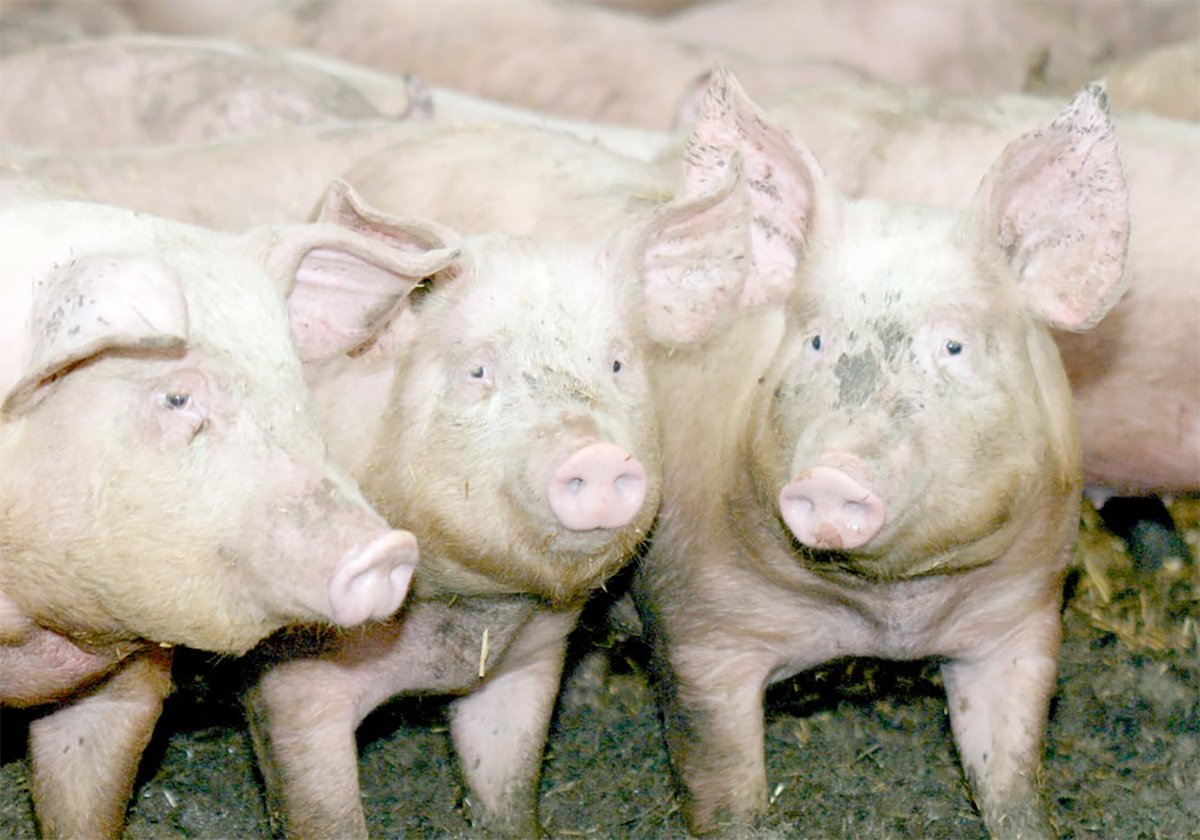EDMONTON — While some rural communities seem to be waiting for something to rescue them from oblivion, others are rising from the ashes.
Those were observations from University of Quebec sociologist Bruno Jean, who was commissioned by the Canadian Federation of Agriculture to examine the changing landscape of rural Canada.
He drew a portrait of contradictory images. One shows rural Canada in decline and another reveals restructuring with a sense of renewal among rural people in some areas. Yet, he said, there is a lack of leadership in many rural communities and people are becoming passive.
Read Also

The Western Producer Livestock Report – November 13, 2025
Western Producer Livestock Report for November 13, 2025. See U.S. & Canadian hog prices, Canadian bison & lamb market data and sales insights.
“They seem to be waiting for things to happen,” he said.
Rural economies were independent at the turn of the century. The landscape started to shift in the 1960s as farmers made demands for income security.
As Canadian agriculture succeeded, it became an industry that produced abundant food at reasonable prices. Modern farms, which are highly specialized and highly capitalized, grew out of this success.
As farms become more productive and required fewer people to do the work, rural communities lost their young people who went to the cities seeking jobs.
Farmers are aware of all these changes in their shrinking communities and are not indifferent. They may be successful businessmen but they don’t want to live alone in a desert where there are no services for their families, said Jean.
About 800,000 Canadians are living on 280,000 farms in 1994.
Jean sees the problems in rural life following three themes — depopulation, aging farmers and poverty. One out of four farmers is categorized as poor by Statistics Canada. It’s immaterial what the final price of a product is because retail prices don’t help the farmer who receives only about 10 percent of that cost, said Jean.
Other limitations to rebuilding rural Canada are the narrow economic base that relies on primary agriculture and a smaller population which can’t allow for economies of scale. This is especially true on the Prairies, he said.
Agriculture could also be passed over by government as new trade agreements are signed. Programs to support farmers could be seen as drains on treasuries and barriers to trade with other nations.
He also said agriculture has become one of many activities in a rural area and foresees conflict over land use as tourism, forestry or energy resource development move in.















